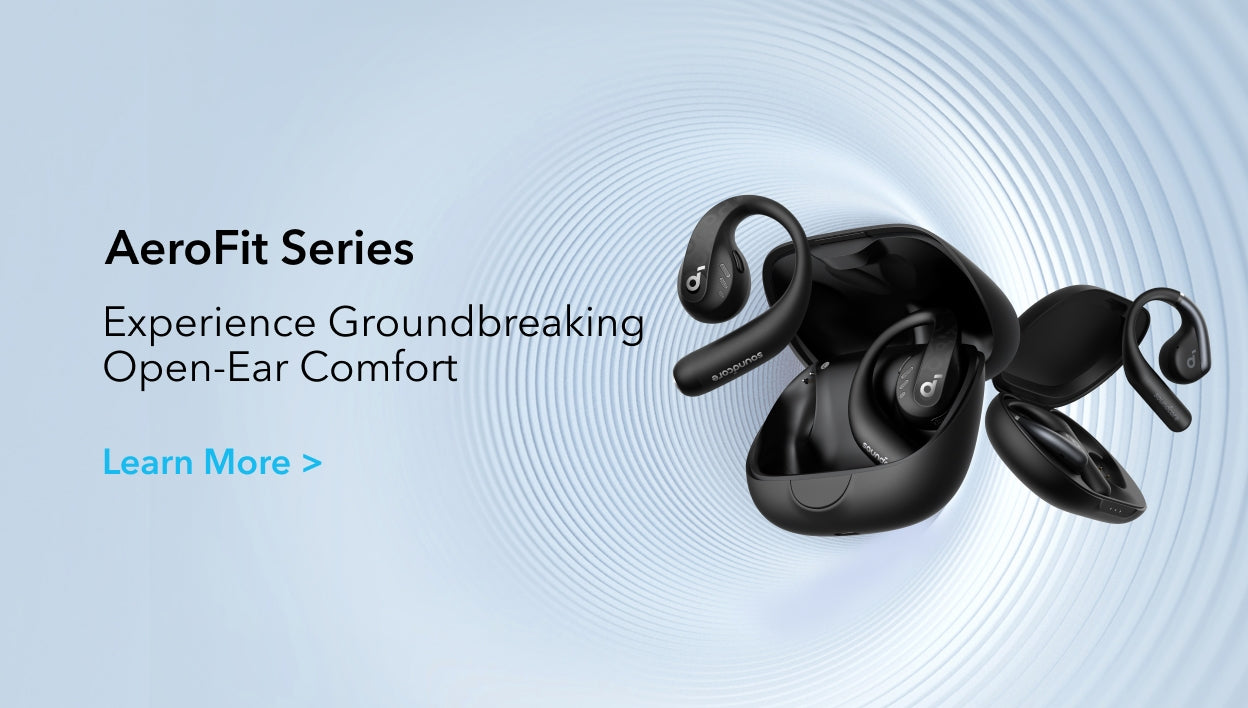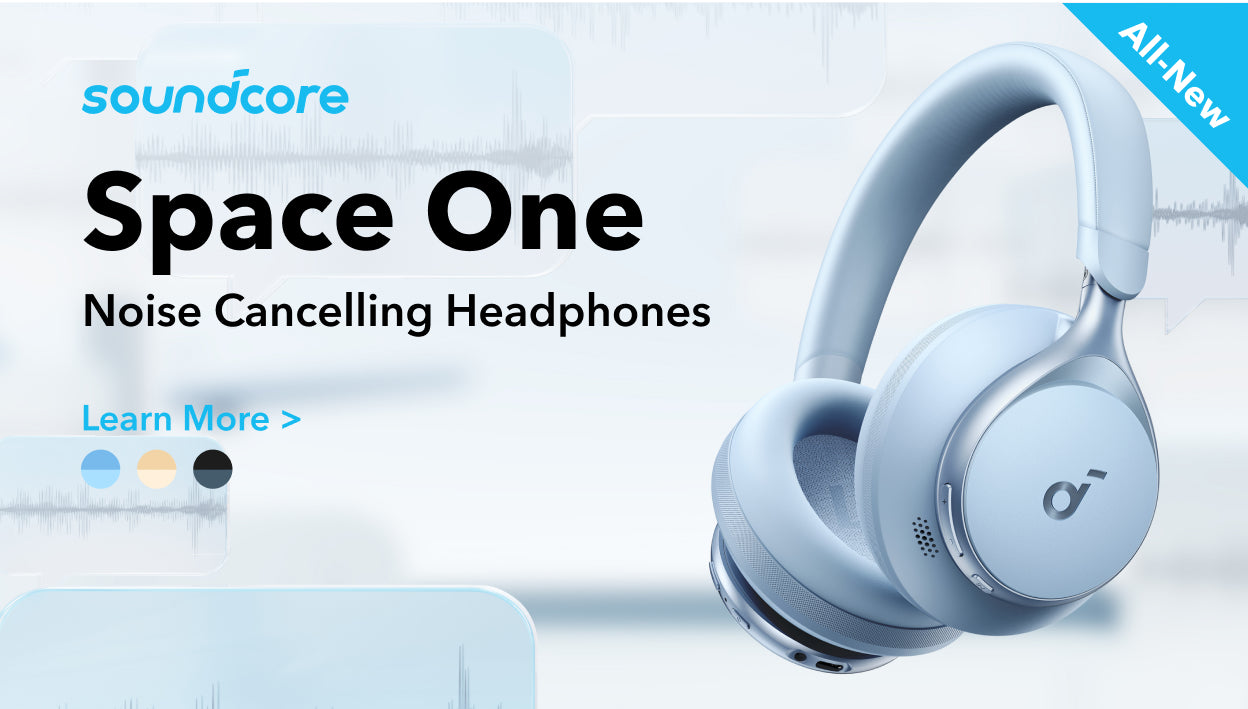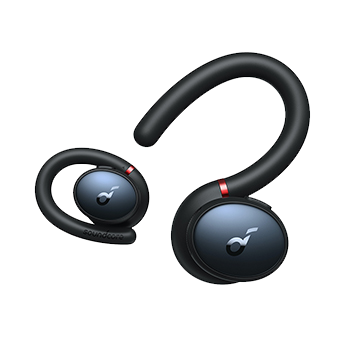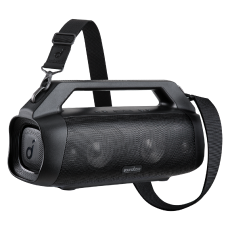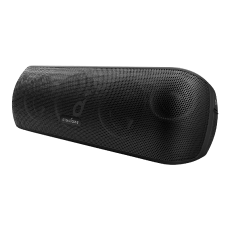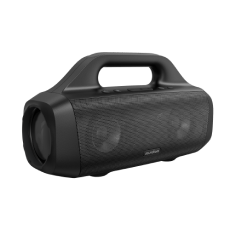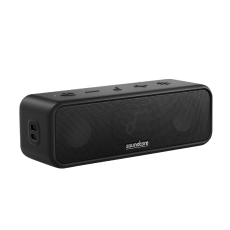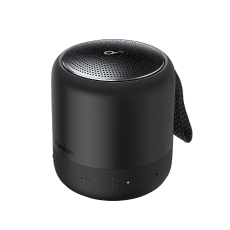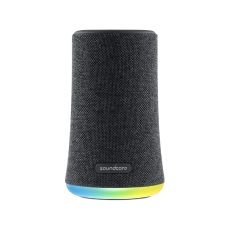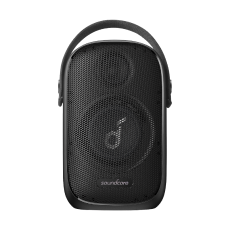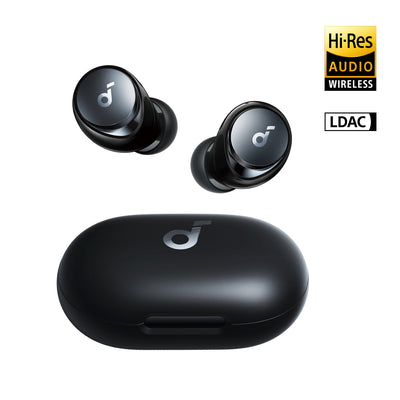What are the different types of earbuds? What type of earbuds should I buy? If you're an audiophile looking for the perfect earbuds, you've come to the right place. In this post, we'll cover all types of earbuds out there and explain how they differ from one another. After reading this article, you'll be able to find the right pair of buds for your needs.
Open Ear Vs. Bone Conduction Headphones
Open ear headphones transmit sound through the air to the ear without blocking your ear canals, delivering some surrounding awareness. This is a preferable listening way for our daily contact. For example when we listen to the music, we can hear the other people if they talk to you, avoiding the embarrassment of asking him to repeat one more time.
Bone conduction earphones utilize direct sound and vibration transmission to the inner ear through the skull, like the effect of solid sound transmission that can be heard when we cover our ears while speaking or when we tap on the desktop with our ears.
Overall experience, air conduction open ear headphones perform better considering the detailed sound quality, less sound leakage, and more comfortable long-time wearing.
Wired Vs. Wireless
The wired vs. wireless earbuds debate can be pretty confusing to a first-timer, but not anymore with this guide.
Wired earbuds have a cord, whereas wireless connect through Bluetooth. Generally, each has its pros and cons, and knowing them is crucial if you are to make an informed decision.
For starters, wired earbuds are more affordable than their wireless counterparts. This is because wired ones are outdated compared to wireless ones. Moreover, wired earbuds have better sound quality than wireless ones. Ideally, sound from a wireless earbud undergoes several transformational processes than when passing through a wired earbud. This results in distortion, thus making wired earbuds king in sound quality.
On the other hand, wireless earbuds utilize more modern technology. Therefore, the wireless option may be your best bet if you're on a budget. They are convenient for individuals constantly on the move. Additionally, wired earbuds are prone to tear and wear; thus, they do not last as long as wireless ones.
In Ear Vs. Standard

In-ear type buds go into your ear canal and need silicone or hold. And because they go with an individual’s ear shape, finding the perfect one may be tricky.
Despite this con, they provide better sound quality than standard headphones. The in-ear models have a tighter seal, which makes them more secure and comfortable. In addition, they don't stick out of your ears as much as standard earbuds, making them ideal for sports or outdoor activities. So if you are a runner or more of an outdoor person, in-ear buds are the perfect option.
On the other hand, standard earbuds have a speaker on each side and connect to your device wirelessly or through a cord. Their main advantage is that they are user-friendly, even for beginners. Additionally, they are comfortable and readily available.
Their downside is that they do not go into the ear directly and thus can be uncomfortable if used over a long time. Their use style also allows outside noise to seep through; thus, the sound quality is low.
Passive Noise Canceling Vs. Active

Noise-canceling is an important earbud factor to consider because it determines your sound experience.
Passive noise-canceling earbuds have a physical barrier known as ear cups that block out sound. In other words, they physically block the sound from entering your ears.
On the other hand, active noise-canceling types of earbuds abbreviated as ANC, like the soundcore Space A40, use technology that listens to background noises and neutralizes them. These buds have a microphone that picks up outside noise and plays an opposite sound through the earbuds. This allows you to listen to your playlist uninterrupted.
Technically, ANCs are better suited than passive noise-canceling earbuds. However, they consume more power which may be inconvenient if on a long journey.
What To Look For When Picking Earbuds
What are the different types of earbuds on the market? The options are diverse, but considering several factors will help you make the right choice.
The most important ones are sound quality, comfort, fit, and price.
1. Sound Quality
Sound quality is probably the first thing to consider when purchasing earbuds. If possible, listen to the different ones, and if not, go for a reputable brand or read reviews left by past buyers.
When considering sound quality, pay attention to the bass and treble. Also, listen for sound distortion and noise cancellation (how well the earbuds block out ambient noise).
Generally, wired ones produce better sound than wireless ones, whereas in-ear ones have a better sound quality than standard ones. However, your daily routine will also play a crucial role in this choice.
If you are indoors, wireless and wired buds are great choices, but wireless earbuds will serve you better if you are an outdoor individual.
Similarly, in-ear buds are perfect when outdoors than standard ones.
2. Comfort
Comfort is another crucial factor when choosing earbuds because if they aren't comfortable, they won't be enjoyable to use over time.
The best way is to try some out before buying them so that you know how well they fit before spending money.
3. Durability
An earbud’s durability is a must-check if you want to get value for every dollar you spend. Good headphones should be sturdy enough for regular use without breaking or malfunctioning easily.
FAQs
What Is The Difference Between Earbuds And Earphones?
Earbuds are smaller than earphones, with tighter speakers and more compact designs. This makes them more comfortable to wear over long periods and better for sports since they don’t tend to fall out easily, compared to earphones which are better suited for inactive individuals.
Are All Earbuds The Same?
All earbuds are different in design, size, performance, and price. Some have noise cancelation systems like the Sleep A10, while others do not. Also, some perform better in terms of sound quality, fit, and comfort.
What's The Difference Between Wireless Earbuds And Bluetooth Earbuds?
The difference between wireless and Bluetooth earbuds is in their connectivity. Wireless earbuds connect to your device through various means, such as internal memory, infrared, radio waves, or KleerNet.
On the other hand, Bluetooth primarily connects to your device through Bluetooth's short-range radio waves.
Conclusion
There are no one-fits-all types of earbuds. They’re various types of earbuds that fit different individuals depending on their needs.
If spending a lot of money is not an option, then wired earbuds are great. However, consider wireless or Bluetooth earbuds if you want something sleek and stylish. It’s also important to consider your daily activities before picking out any earphones.




